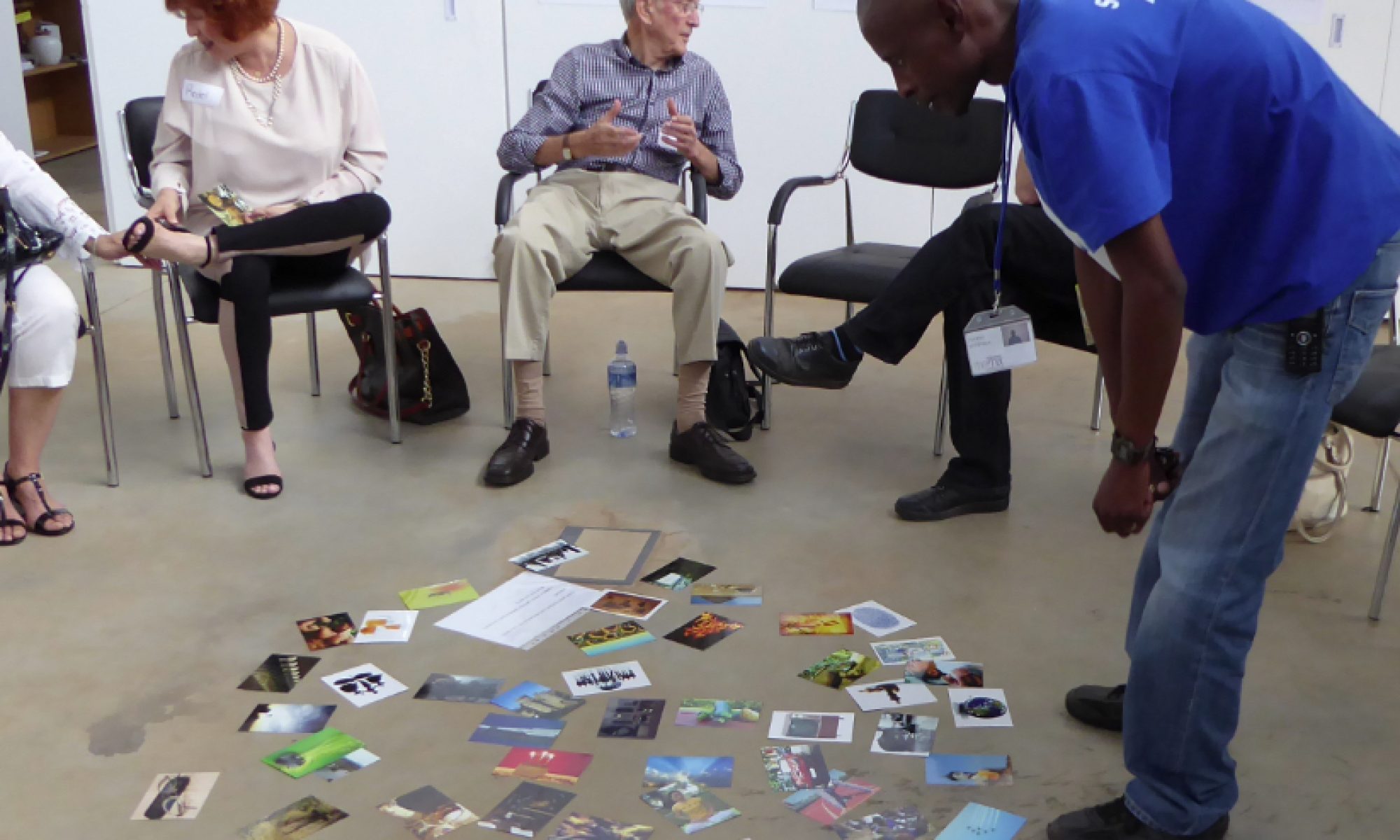The theme of last week’s improv class was “be affected by what you hear”. We started the class with a relaxing exercise, focusing on the sounds we heard around us. This was followed by a name game called “George” that I learned at the IO theatre in Chicago. After that we played the famous Keith Johnston game called “Its Tuesday”. In this game participants pair up. One player says a random line such as “It’s Tuesday” or “you are wearing a dress” or anything. The other player over accepts the statement and reacts very emotional. The reaction increases until it reaches absurdity. In some cases the player might even die a comical death. This exercise was followed by an exercise that I learned from Armondo Diaz at last year’s Applied Improv Conference. In the exercise one player says a random opening line. The other player must react in a way that shows that the other player’s statement is important to them. In other words they react with a strong emotion. The reason why they had a strong reaction becomes the focus of the scene.
The application of being affected by what you hear went through my thoughts the whole week. And then I decided to Google it and see what pops up. The article that drew my attention the most was about Autism. The one thing that struck me was that autistic children are not affected by what they hear. Often parents of autistic children will at first think that their child is deaf because they don’t react to their names or sounds such as a door closing. The child does hear but is just not affected by the sound. It is as if they hear but don’t register the sound because of some process in their brain that is not functioning properly. It sounds a lot like the statement that we’ve all heard so often from teachers, “you hear, but you don’t listen.” The article reports that, “Hearing without listening is useless to produce intelligent social interaction. The value of hearing is measured in the ability to listen and respond to auditory information. If an autistic child can not listen and respond intelligently their hearing is useless.” Isn’t it true that we all suffer from some form of autism? Hearing but not listening? Why is that? I believe it is because we are not present when we are listening to others. We are up in our heads, worrying, thinking about other things. This state of being up in our heads I believe is very similar to the autistic brain processes not functioning properly. The article about autism ends of with a form of treatment that can help autistic children to improve their malfunctioning brain process. It is called monaural speech development. The rest of us can also improve our semi autism by learning to be more present and less up in our heads. The treatment for this I call Improvisation.

